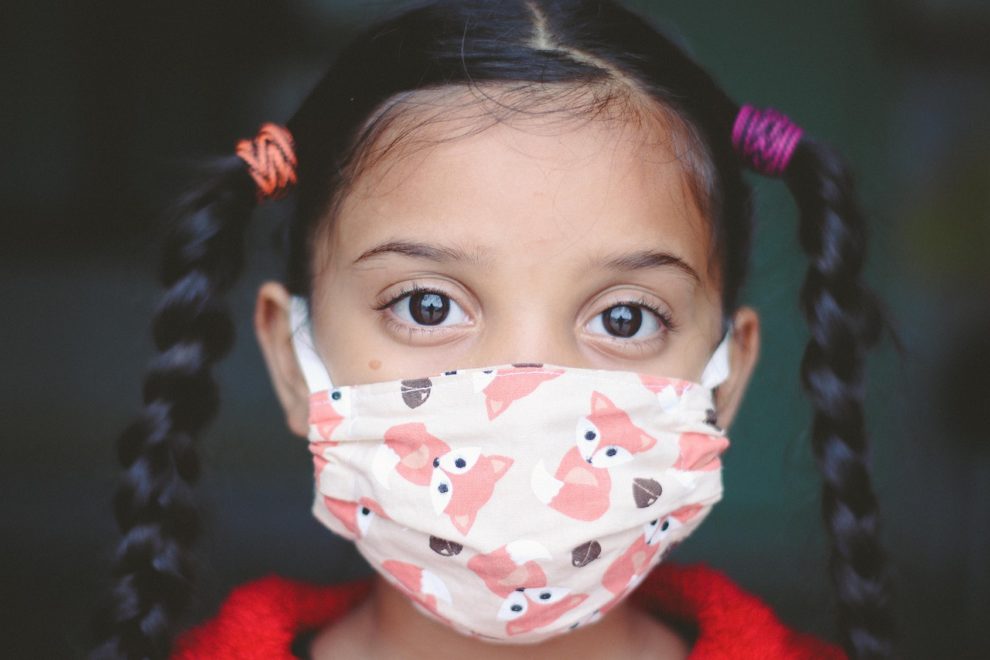During the coronavirus pandemic, significant restrictions on outdoor time and an increase in screen time have led to an increase in childhood short-sightedness, also known as myopia, according to a study.
The condition alters the shape of the eye, causing light rays to bend (refract) incorrectly, focusing images in front of, rather than on, the retina’s surface.
According to researchers from The Chinese University of Hong Kong, short-sightedness in children is important because it puts them at risk of developing complications that increase the risk of irreversible impaired eyesight/blindness later in life.
The team studied the eyes of 1,793 children to see if forced behavioural and lifestyle changes during the pandemic affected their vision.
Between January and August 2020, approximately 1 in 5 (19.5%) of children in the Covid-19 group developed short-sightedness, compared to approximately 1 in 3 (37%) of those in the pre-Covid-19 group over a three-year period.
The number of new cases of short-sightedness among children in the Covid-19 group was higher.
The estimated 1-year incidence of short-sightedness was 28%, 27%, and 26%, respectively, for 6-, 7-, and 8-year-olds in the Covid-19 group, compared to 17%, 16%, and 15%, respectively, for 6-, 7-, and 8-year-olds in the pre-Covid-19 group.
These changes coincided with a decrease in the amount of time the children spent outside, from about an hour and 15 minutes to about 24 minutes per day, and an increase in screen time, from about 2.5 hours to about 7 hours per day.
Because this is an observational study, it cannot establish cause; additionally, the research included questionnaire data, which rely on recall. The findings may not reflect the impact of Covid-19 in other parts of the world, where social isolation, quarantine, and school closure policies may differ, the researchers cautioned.
Nevertheless, “despite all these insurmountable study limitations, our initial results still show an alarming myopia progression that warrants appropriate remedial action,” said Dr Jason C.S. Yam, from the varsity’s Department of Ophthalmology and Visual Sciences.
“(They) serve to warn eye care professionals, and also policy makers, educators and parents, that collective efforts are needed to prevent childhood myopia, a potential public health crisis as a result of Covid-19,” he added.
